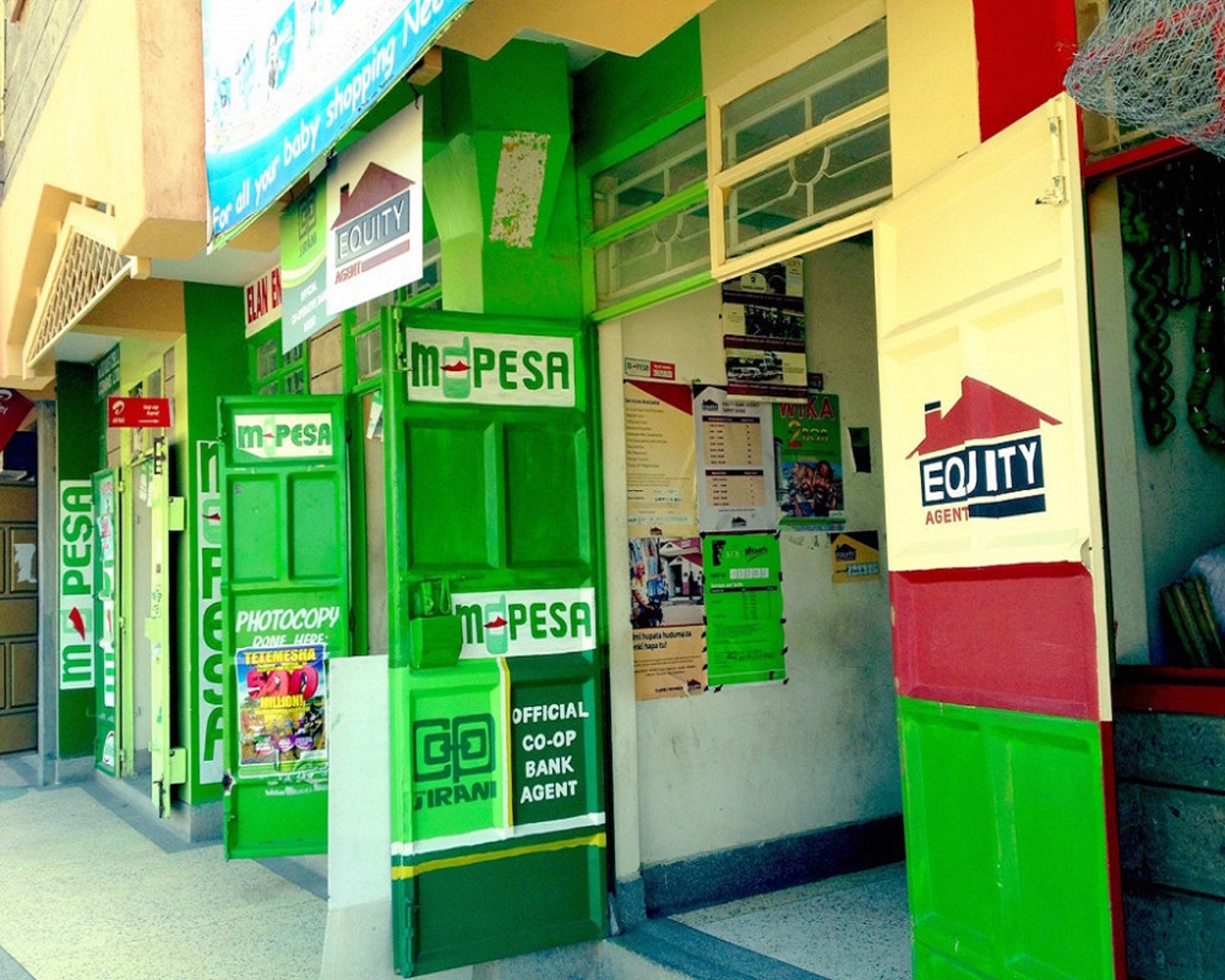Kenyans now have an easier way of paying for Google apps, as telecommunications operator Safaricom, has enabled payments for the apps using M-Pesa. The backbone structure for the payments was provided by Docomo, a London based payment platform.
M-Pesa, which began operations in 1997, enables users to deposit, withdraw, transfer money and pay for goods and services easily with a mobile device. M-Pesa enables users to transfer money across the country without using a bank. They can also make use of an agent banks network spread across the country. M-Pesa is owned by Safaricom,
Benefits of the agreement
Kenyans, would not need to source for foreign exchange, to pay for Google apps. For the tech giant, easing payment encourages subscription to its services. This, in turn, increases its revenue. Safaricom has over 15 million subscribers on its network.
Why has Nigeria struggled with mobile payments?
Despite having a much larger population and several tech startups in the country, Nigeria has struggled with mobile payments. The head start with an interbank settlement system (NIBSS) and the presence of a large payment processor Interswitch means operators here have a lot of catching up to do. This is in terms of building their own network and developing an extensive agent banking network.
Can the 9Pay model work?
9Pay, a payment platform backed by 9Mobile, had in November last year announced a partnership with Bangoo which enabled subscribers to pay for Google apps with airtime. Not much has been heard about this, perhaps due to the impending change in ownership for the company.
MTN, in partnership with Lumos, a renewable energy company had launched solar products payable for with airtime.
What can Nigeria learn from this ?
Despite the multiplicity of banking apps and fintech startups, financial inclusion remains low in the country. The new technologies instead have been embraced by the existing customer base seeking convenience. The country would be better off creating the enabling environment for telco-based mobile payments to thrive.
This would also enable telecommunication firms, to diversify their revenue, as income from voice services shrink.





















